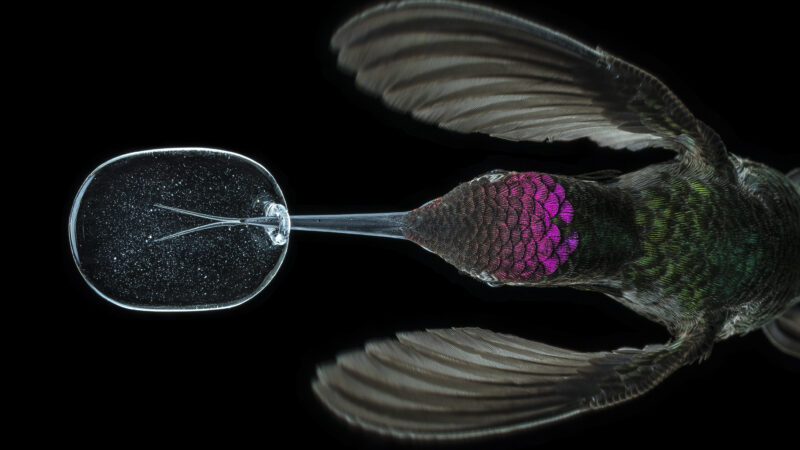
Meet the 2021 Pritzker Environmental Genius Award candidates #14 – 18
By Sophia Rockefeller
The last five 2021 Pritzker Emerging Environmental Genius Award candidates are leaders in areas such as conservation and politics. By advocating for environmental justice, capturing images that highlight nature or educating the next generation of environmental leaders they are reducing pollution, cultivating awareness and ensuring a more verdant world.
To learn more about all the Pritzker candidates visit our website. After acclaimed UCLA faculty determine the finalists this summer, the winner will be decided by judges including Los Angeles Councilmember Kevin De León, XPRIZE Foundation CEO Anousheh Ansari, Earthrise Alliance CEO Lori Garver, the head of Sustainability at Amazon Kara Hurst and California Air Resources Board Deputy Executive Officer Chanell Fletcher.
Stay tuned on all Pritzker updates by following our Instagram, LinkedIn and Facebook social media profiles!
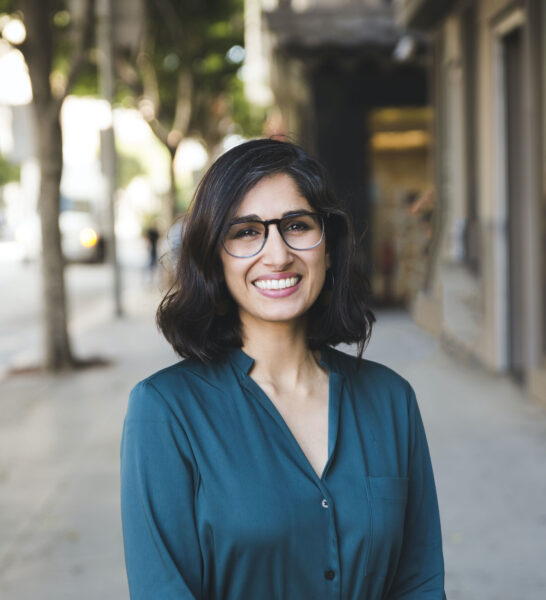 Monika Shankar, Senior Project Manager, Physicians for Social Responsibility-LA
Monika Shankar, Senior Project Manager, Physicians for Social Responsibility-LA
(Nominated by Martha Dina Argüello)
In Los Angeles, siting of hazardous facilities near sensitive populations primarily impacts low-income communities of color. Since the industrial revolution, industry has increasingly mixed with the urban landscape, affecting public health and local environments.
Monika Shankar works with these communities alongside advocates and policymakers to identify practical, environmental and land use-based strategies to mitigate harm to human health and the environment. Shankar developed the 500 Feet Tool to answer, “what industries exist in my community?” Her interdisciplinary approach to identify pollution sources near sensitive sites such as homes, schools and health care facilities is rooted in community co-empowerment and multi-stakeholder engagement. The tool facilitates accountability and is used for community air improvement plans.
Shankar is a Ph.D. candidate in environmental health sciences at the UCLA Fielding School of Public Health and graduated with a master’s degree in urban and regional planning from UCLA in June 2021. She continues to work with Physicians for Social Responsibility-LA (PSR-LA), which she joined in 2013. As a Senior Program Manager, she is responsible for strategically guiding the organization’s work on air quality, land use and public health, especially the implementation of the AB 617 Air Quality Project and the 500 Feet Initiative.
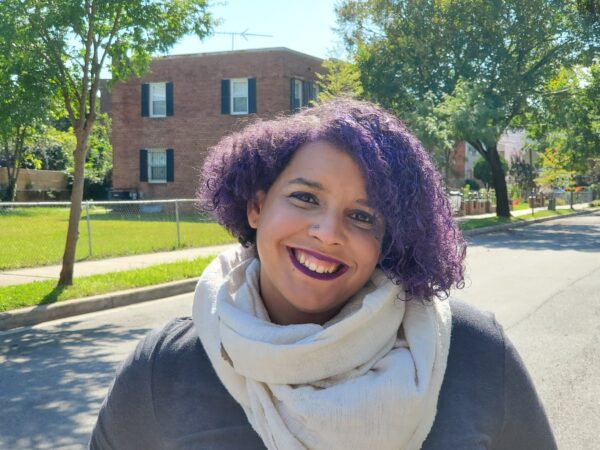 Dany Sigwalt, Co-Executive Director, Power Shift Network
Dany Sigwalt, Co-Executive Director, Power Shift Network
(Nominated by Johanna Partin)
Youth leadership is not always prioritized in climate justice movements. Promising organizations often lack the experience to access philanthropic dollars and end up losing momentum when filing for nonprofit status while getting mired in accounting regulations and operational requirements.
Sigwalt believes youth organizations need to be supported and given resources to expand their networks. She provides this support, offering financial advice, training, mentorship and audience access as executive director of the Power Shift Network. The network builds inclusive spaces for Black, Indigenous, disabled, queer, trans people, people of color and other groups who are often disregarded by adult-centric environmental movements.
Sigwalt joined Power Shift Network in 2016 and helps the organization and youth organizations in their efforts to address the climate crisis and environmental justice issues. Under her leadership, Power Shift Network’s 98+ member organizations continue to engage youth in the larger climate action community.
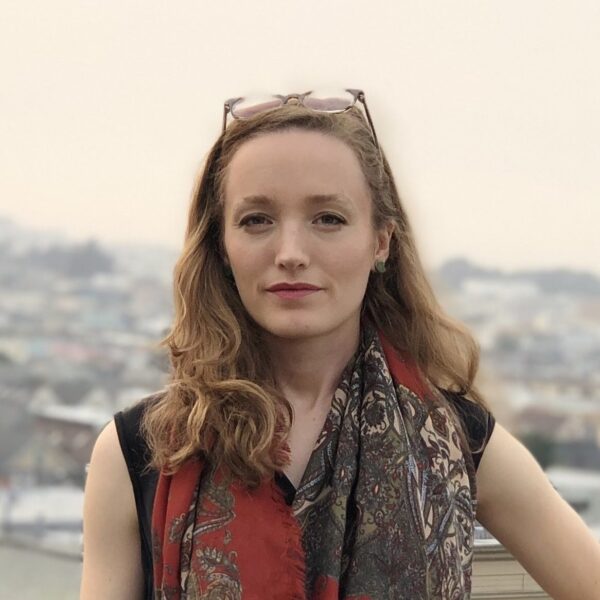 Caroline Spears, Executive Director, Climate Cabinet Action
Caroline Spears, Executive Director, Climate Cabinet Action
(Nominated by Jaime Carlson)
Hundreds of candidates run for office every year without a strong foundation in climate science and policy, and without an understanding of the current landscape of climate-related bills. Without the information on how their community’s climate is affected, city officials are unable to make the best decisions.
Caroline Spears aims to amplify the importance of climate data and policies. She founded Climate Cabinet Action, a nonprofit organization that makes local climate change data and policy solutions accessible to policymakers. Climate Cabinet Action aims to increase the visibility of local climate opportunities to key politicians, equipping them with the knowledge to make informed decisions.
Caroline studied climate science and clean energy at Stanford University, graduating with bachelor’s and master’s degrees in atmosphere and energy engineering. Previously, she worked in the solar energy industry. Spears received the 2021 “Grist Fixer” award, a Henry Arnold Fellowship and recently joined the Fast Forward Accelerator class of 2021.
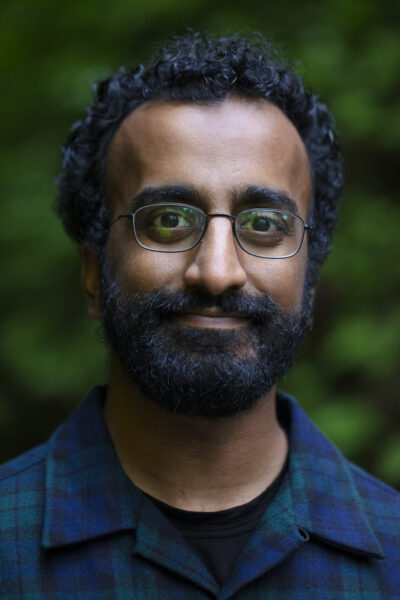 Anand Varma, Photographer, National Geographic
Anand Varma, Photographer, National Geographic
(Nominated by Ami Vitale)
Photographs grab our attention, cultivate curiosity and help us understand the realities and mysteries of the natural world. Images allow us to connect with our planet in ways other mediums fail to achieve.
Anand Varma’s photography shares stories behind the science on everything from honeybee health to hummingbird biomechanics. He reveals invisible details to spark a sense of wonder about our world and answer questions about ecosystems. His work brings attention to topics such as the decline of honeybees, jellyfish stress, and carnivorous bat biology.
Varma graduated with a degree in integrative biology from the University of California, Berkeley. Since receiving an early-career grant from National Geographic in 2010, his photography has appeared in stories for National Geographic Magazine, including a 2014 cover story titled “Mindsuckers.” He has been honored as a National Geographic Media Innovation Fellow, a Rita Allen Civic Science Fellow and received a World Press Award for best nature story.
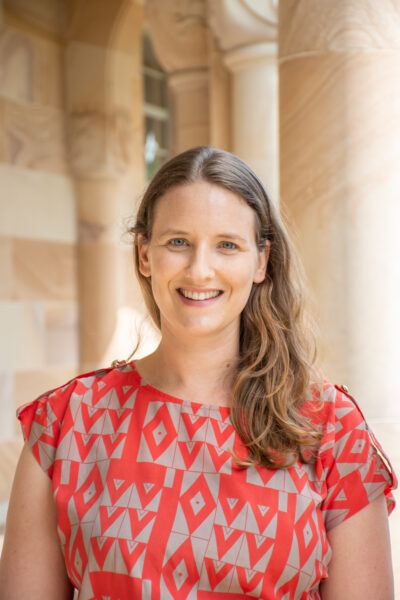 Amelia Wenger, Associate Conservation Scientist with the Wildlife Conservation Society, University of Queensland
Amelia Wenger, Associate Conservation Scientist with the Wildlife Conservation Society, University of Queensland
(Nominated by Stephanie Wear)
Increasing pollution in coastal waters negatively impacts the behavior and survival of coral reef fish. It affects their development, growth and respiration, which can decrease fish populations. Despite their ecological, cultural and economic importance, there is little scientific guidance on how to protect coastal fish communities from development impacts.
Amelia Wenger works with managers, scientists and communities throughout the Indo-Pacific region to identify and model impacts of water pollutants, and to develop management strategies that reduce pollution levels. Wenger generated evidence-based management guidelines to protecting coastal fisheries from dredging activities, and convinced island landowners to support the designation of one of the largest protected areas in the history of Solomon Islands. She currently leads a working group of practitioners, technical experts, policymakers and development partners from 22 organizations to design and implement ocean-friendly wastewater management that can meet public health and ecosystem health goals.
Wenger is an associate conservation scientist with the Wildlife Conservation Society and a research fellow at the University of Queensland. She completed a Ph.D. in coral reef ecology at James Cook University. Her recognitions include the James Cook University Dean’s Award, the University of Queensland 2020 Faculty of Science Rising Star Award and the Australian nominee for the 2020 Asia–Pacific APEC ASPIRE Award.
